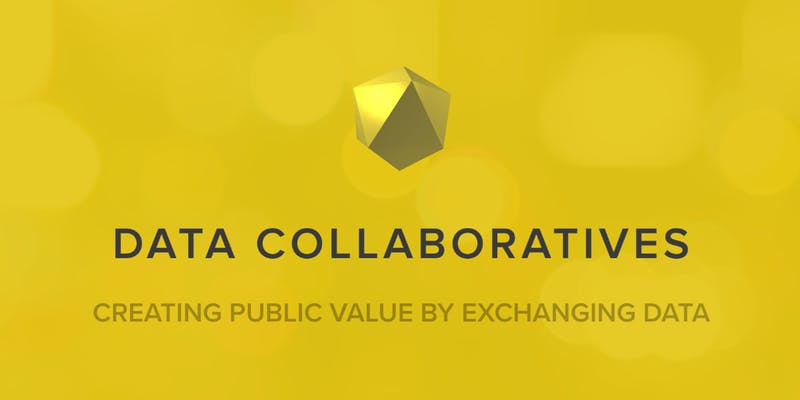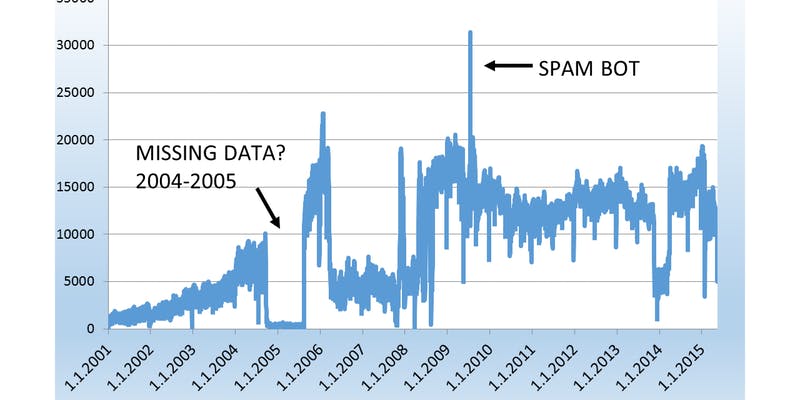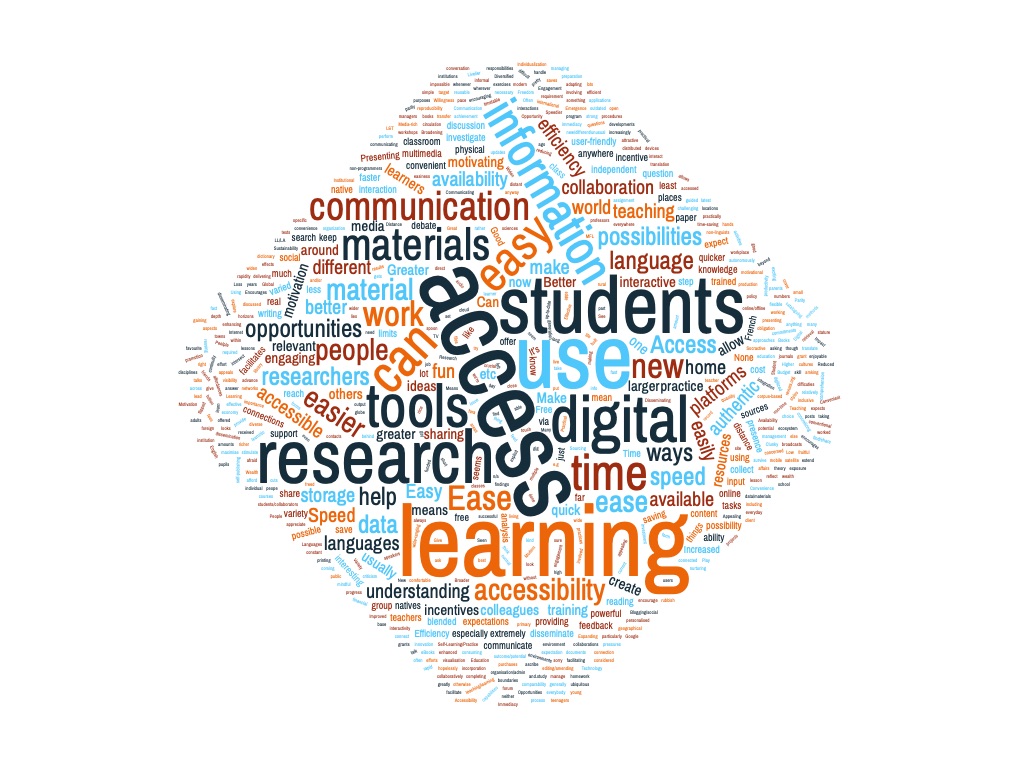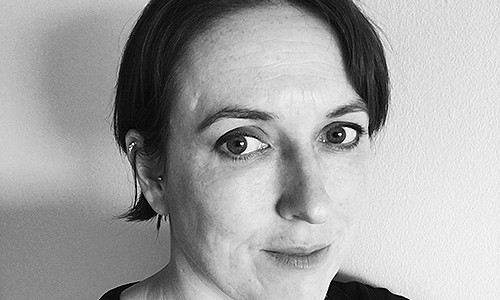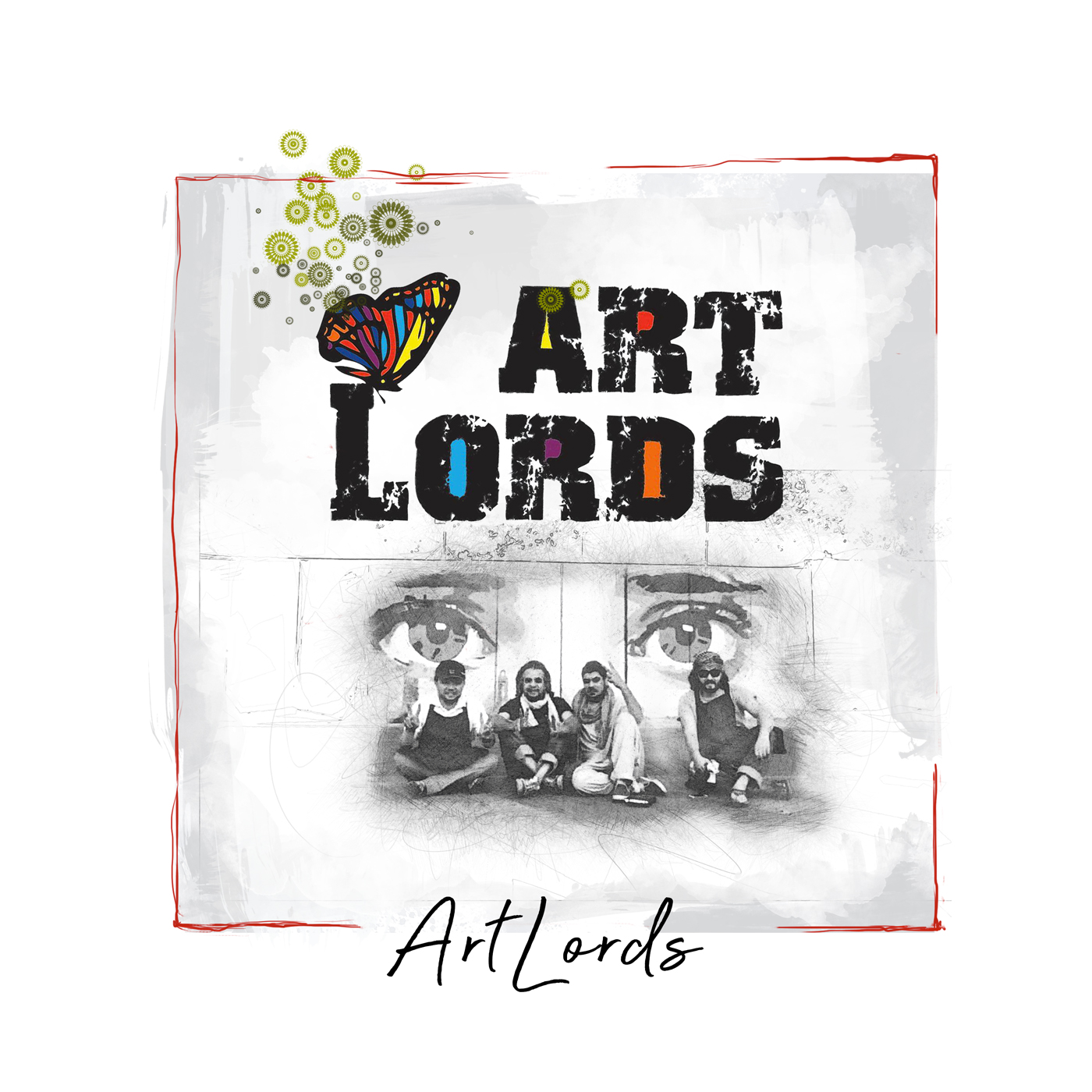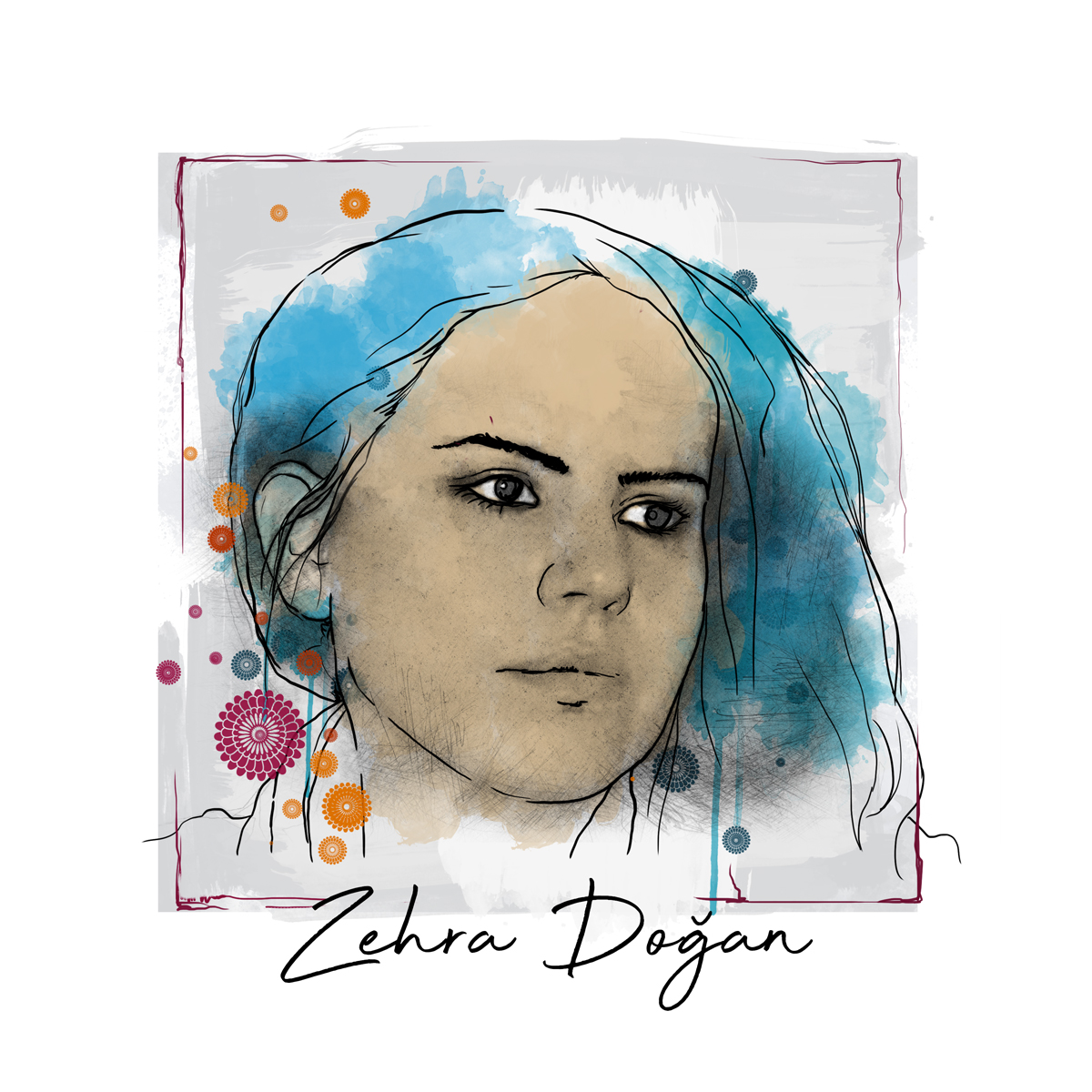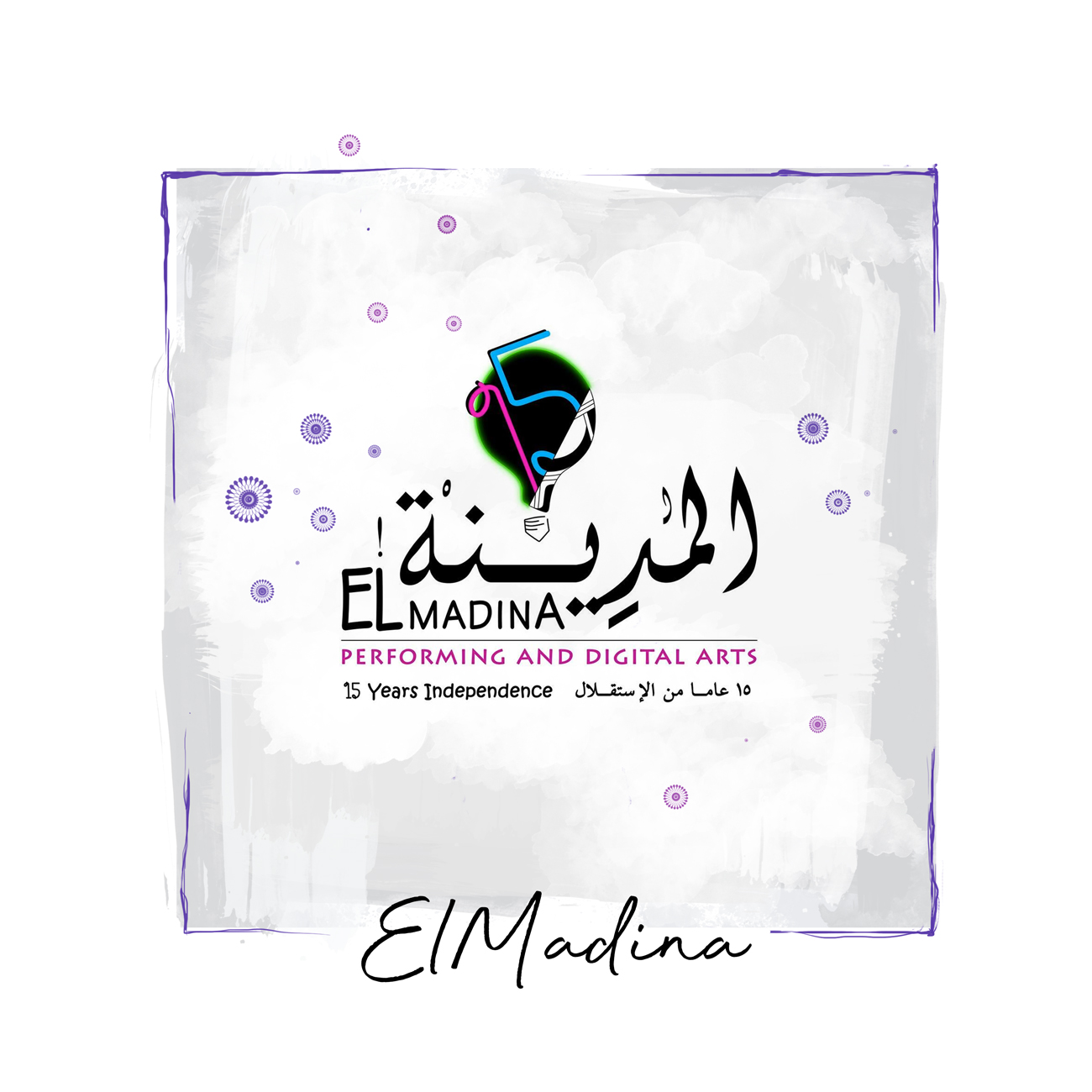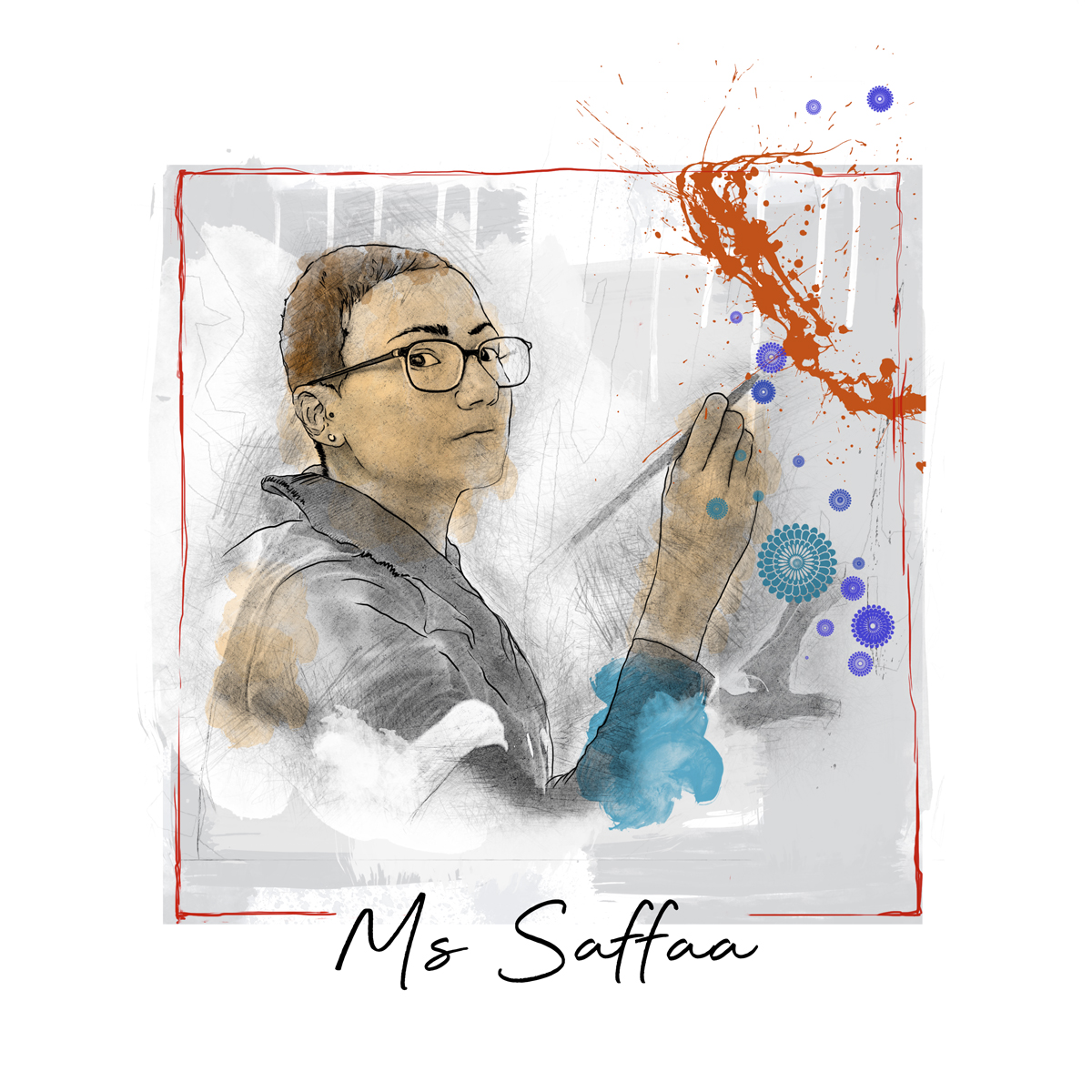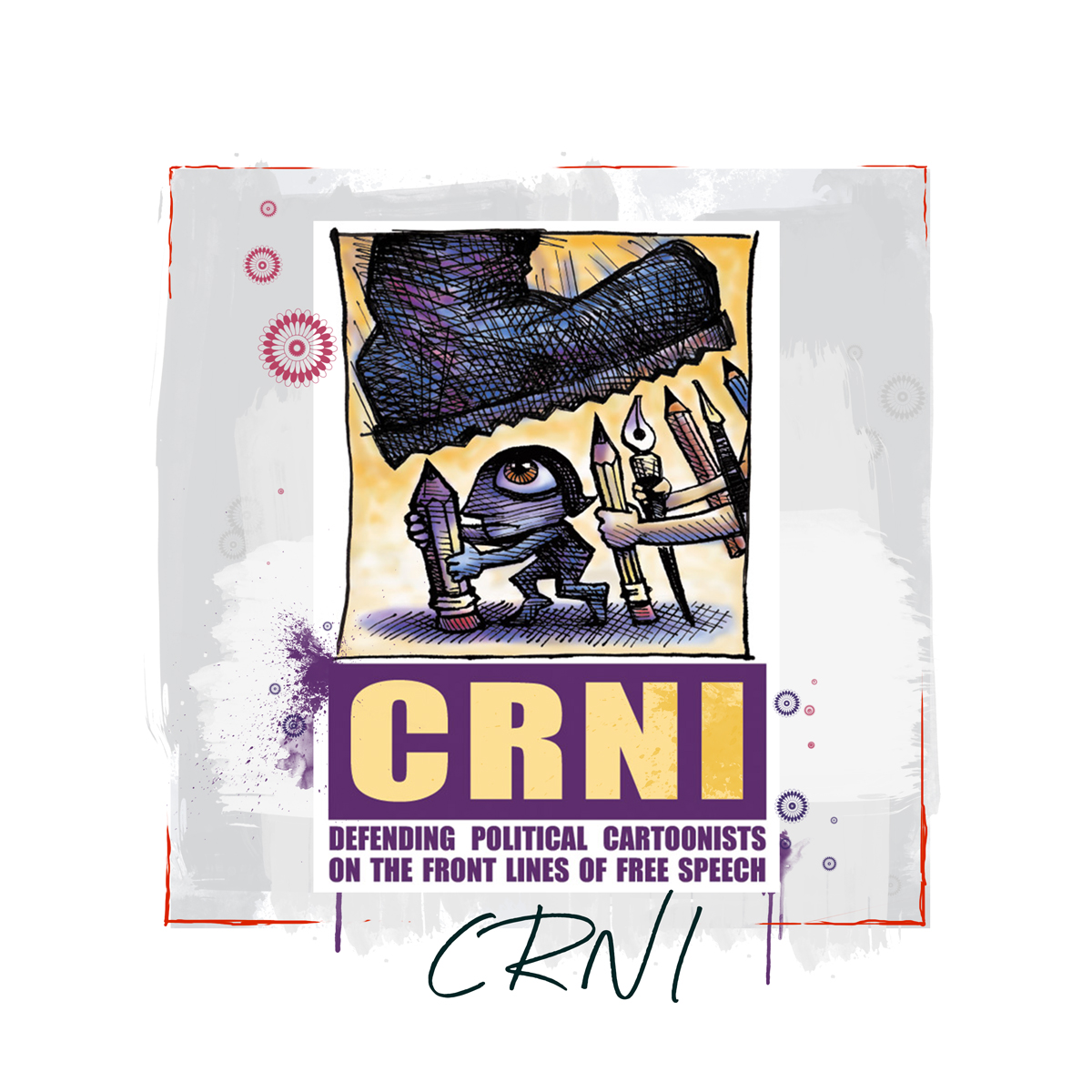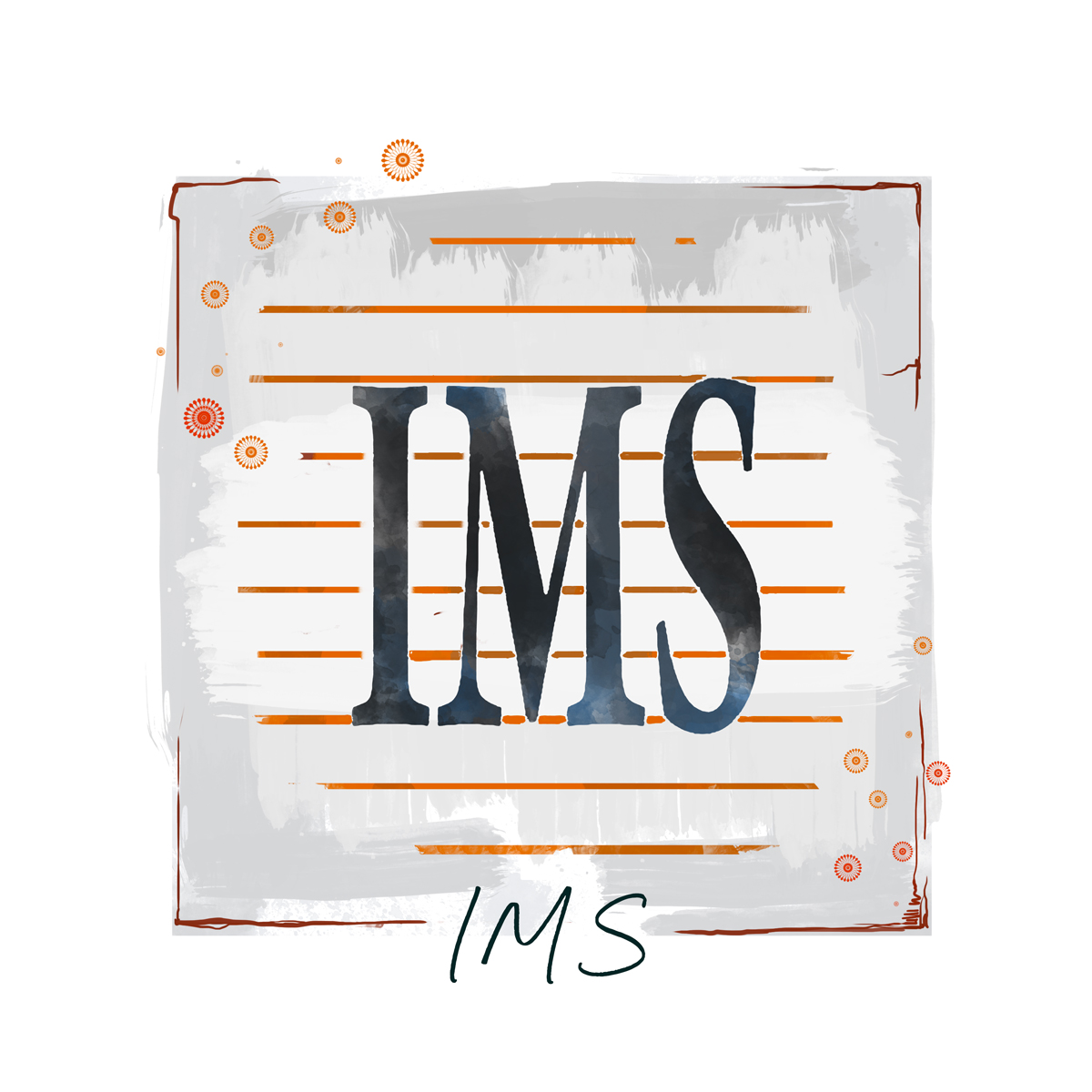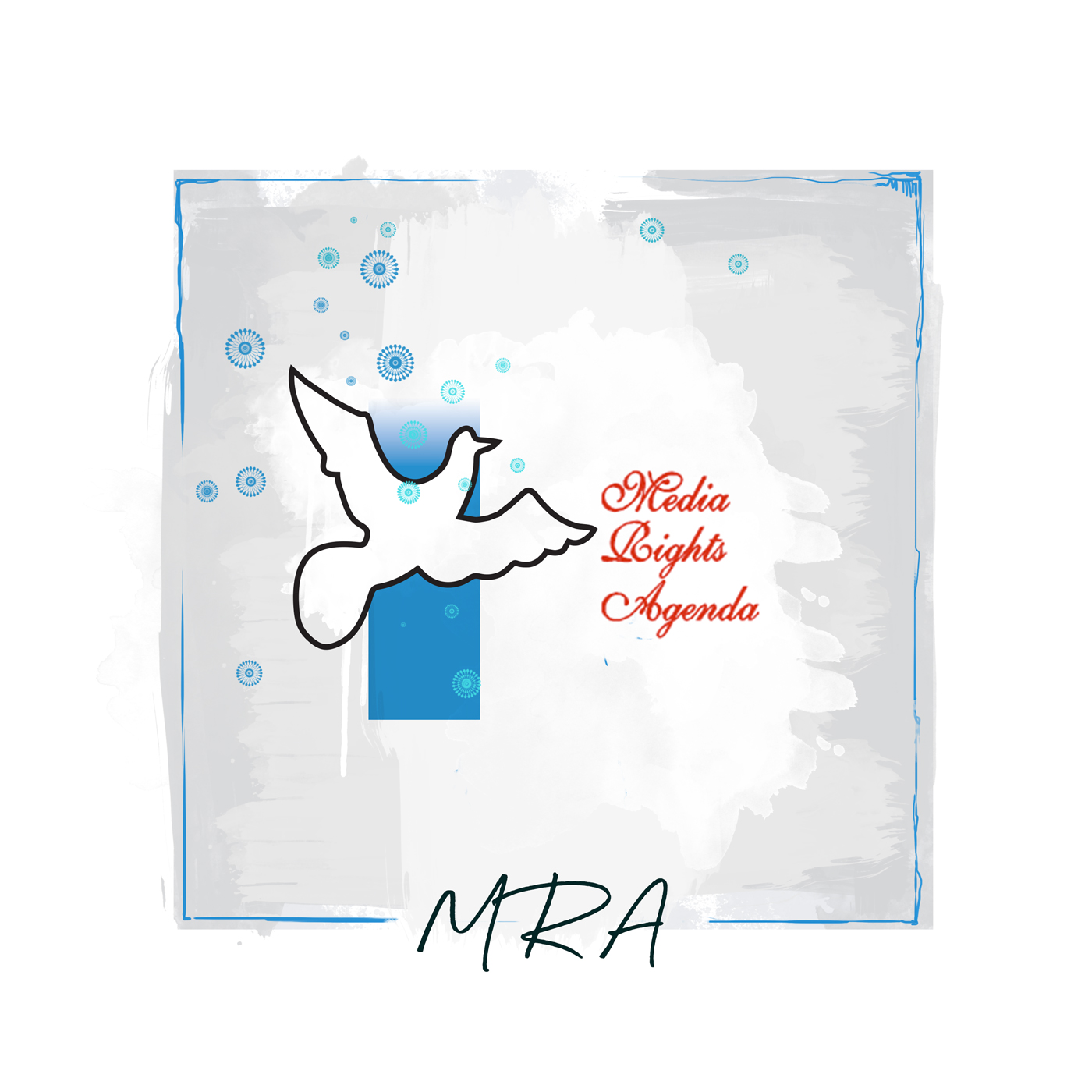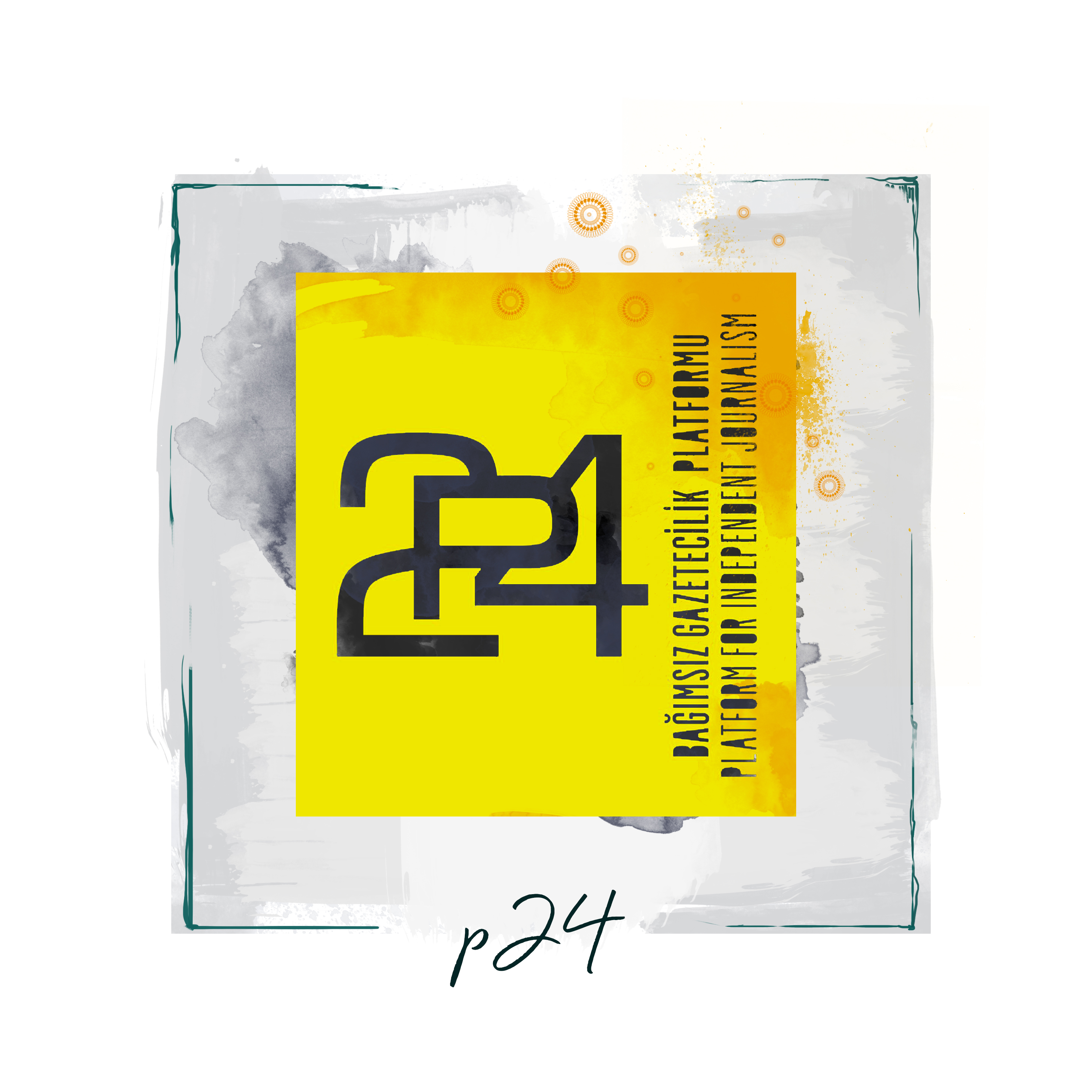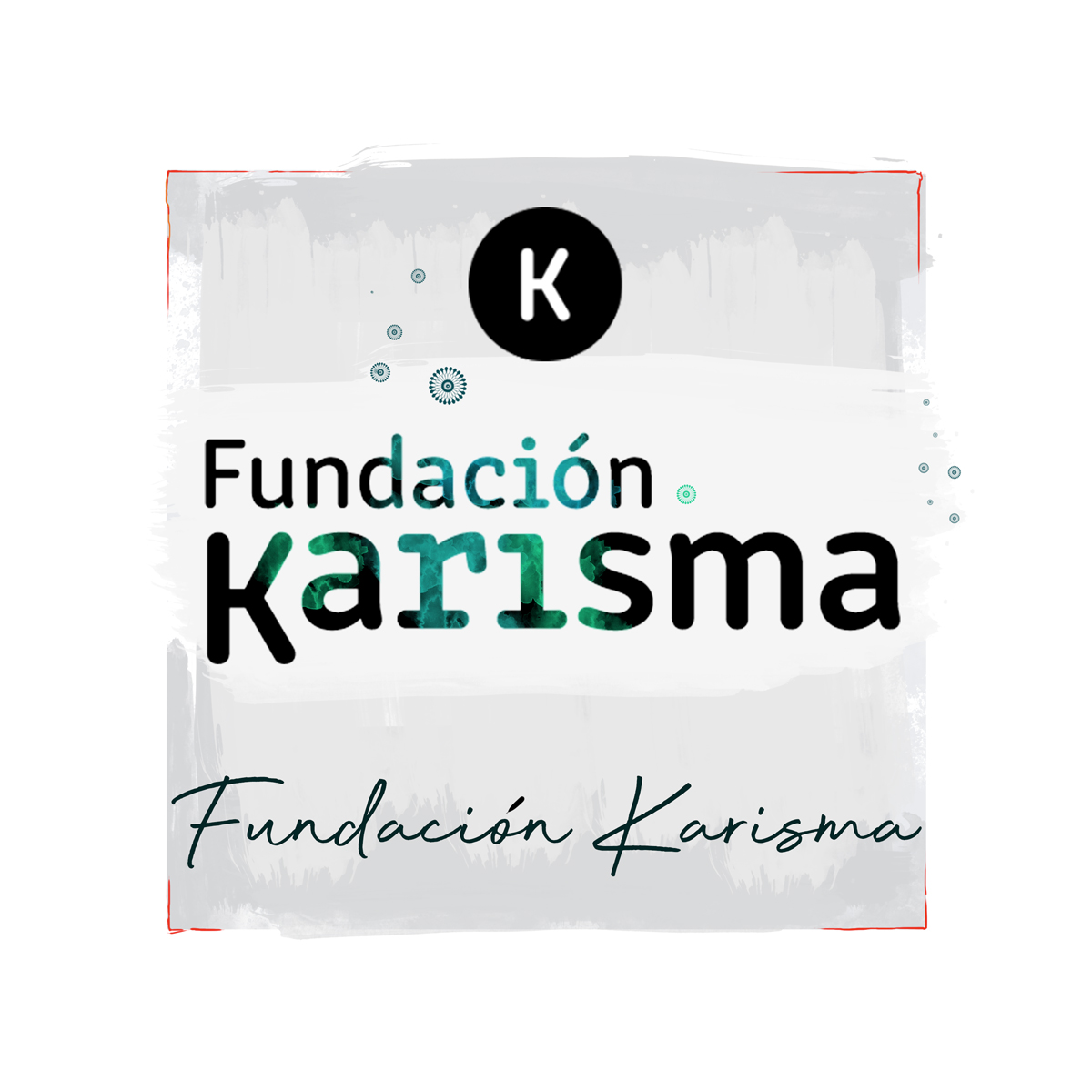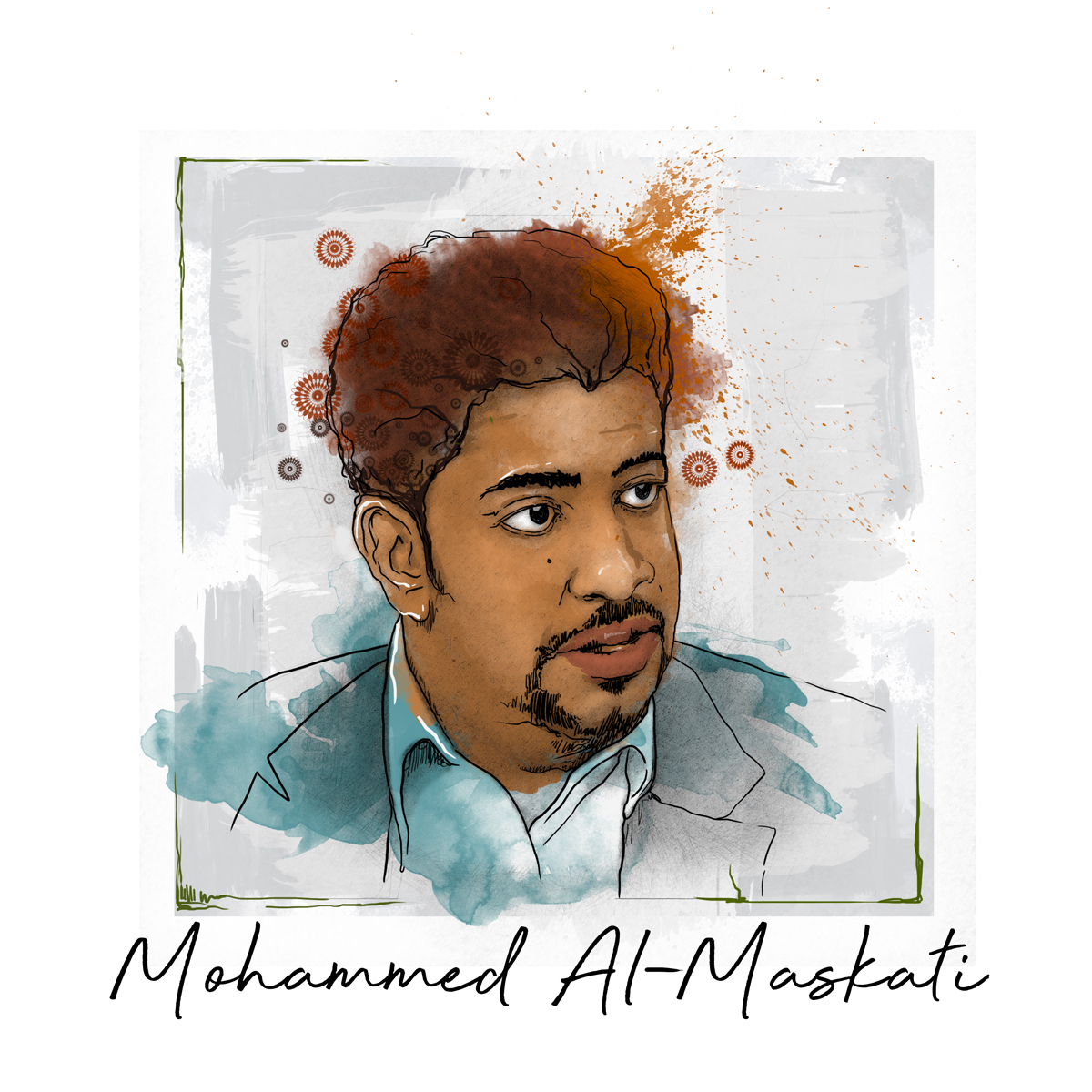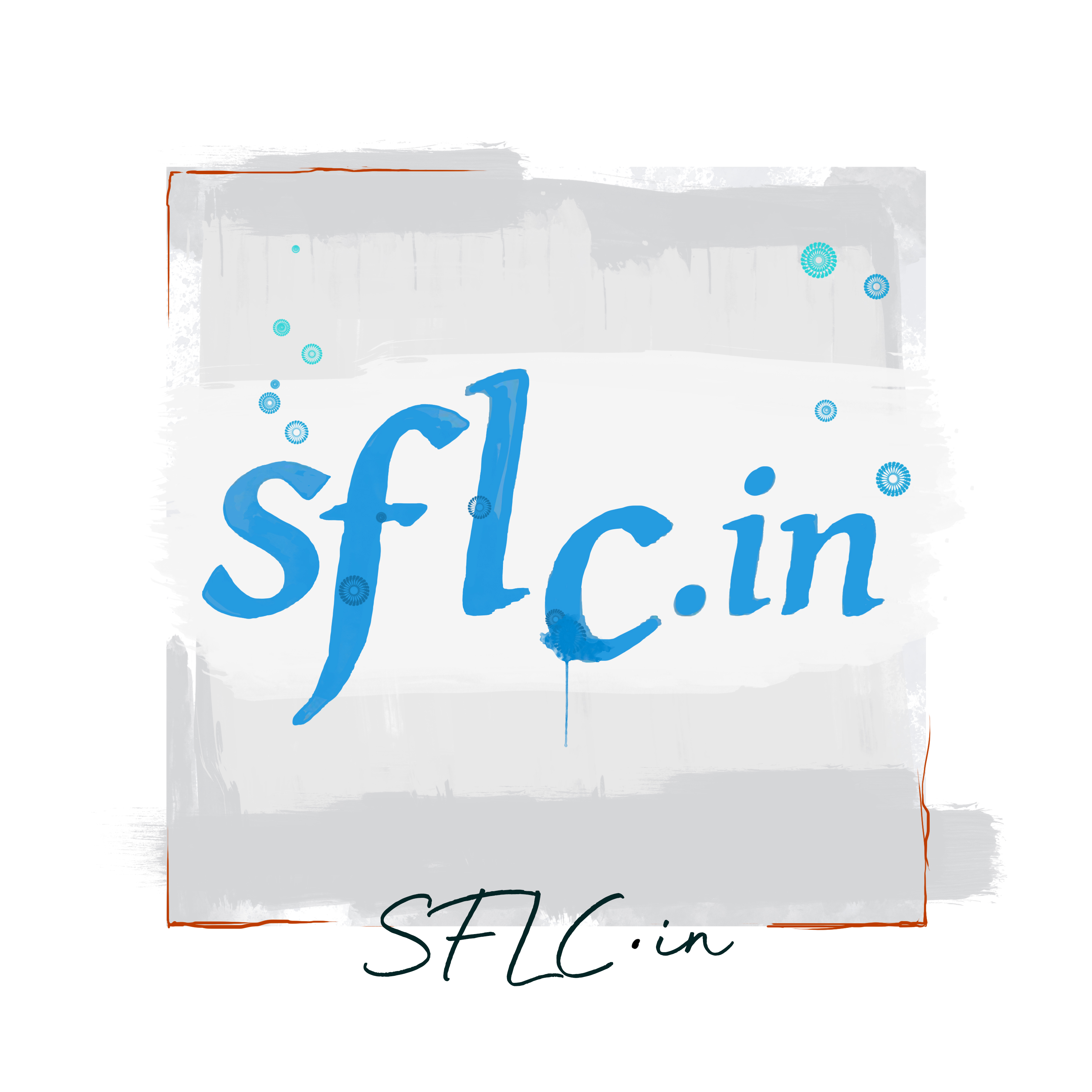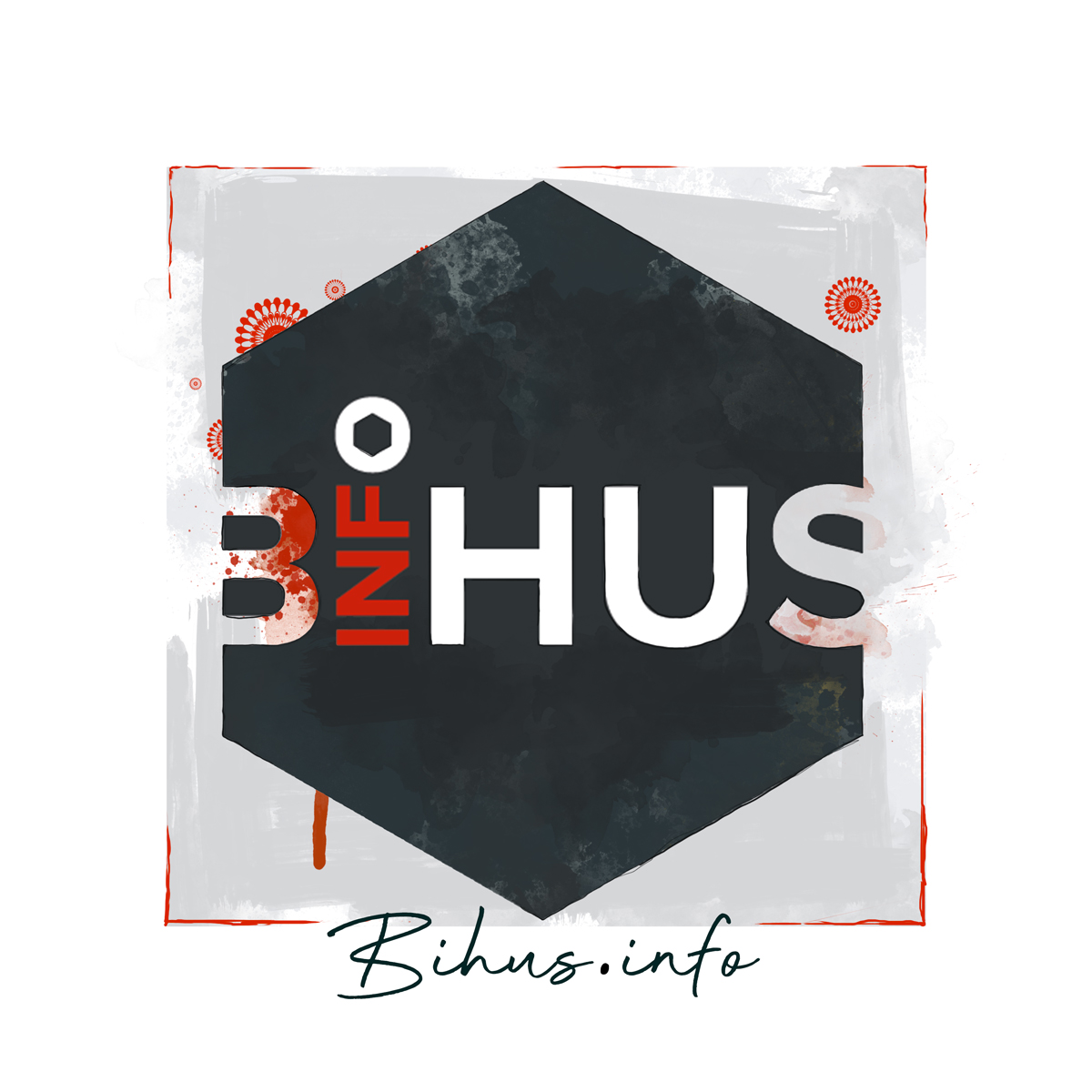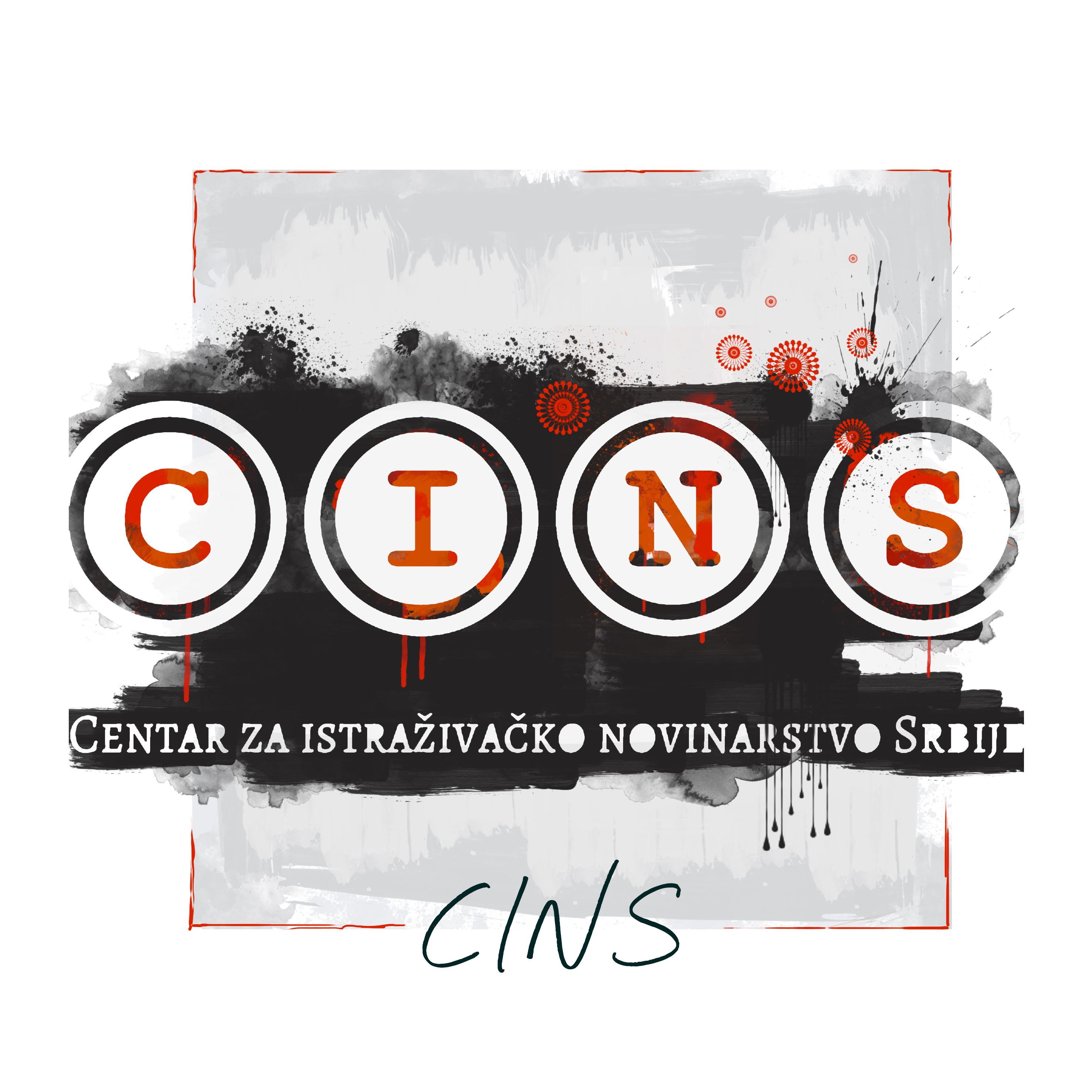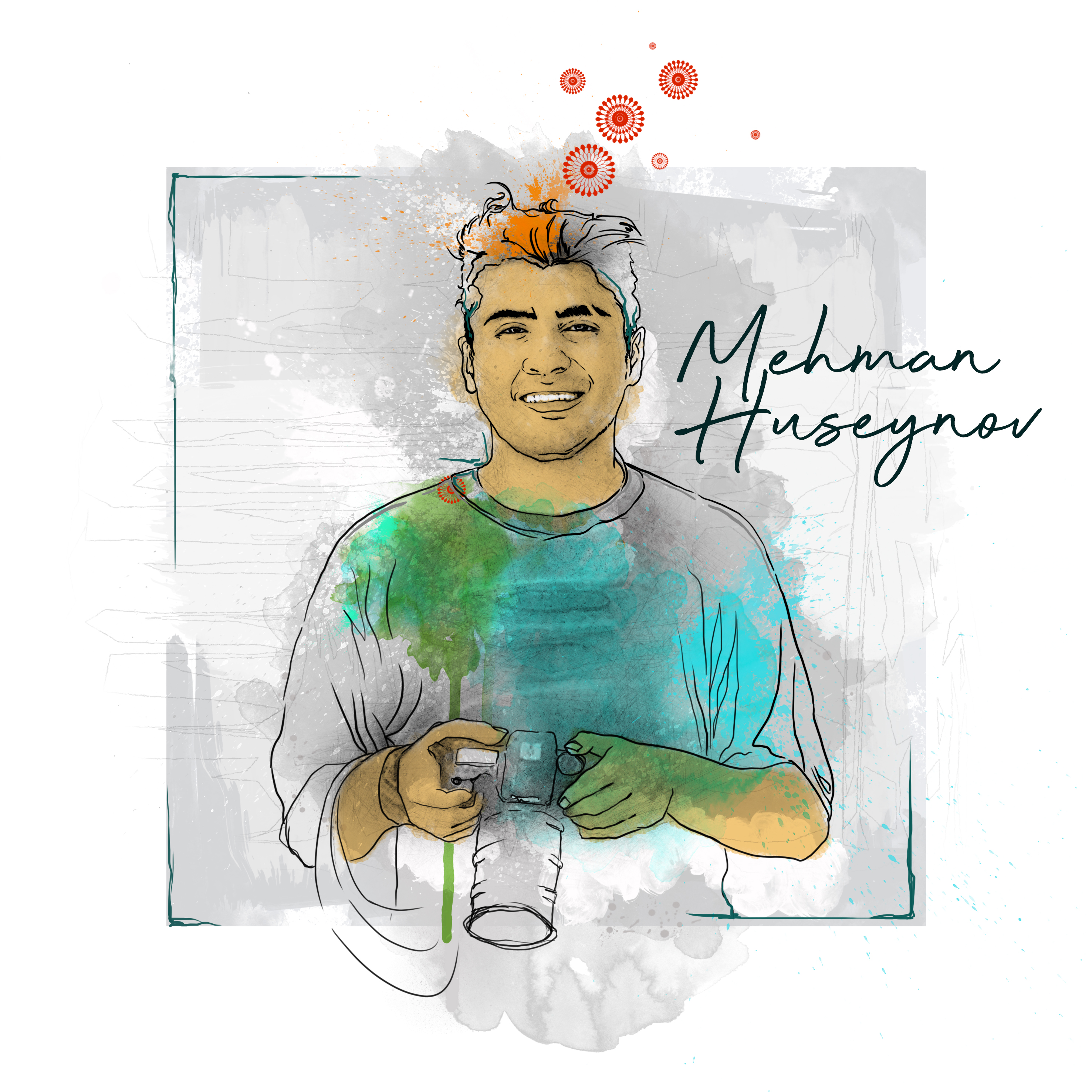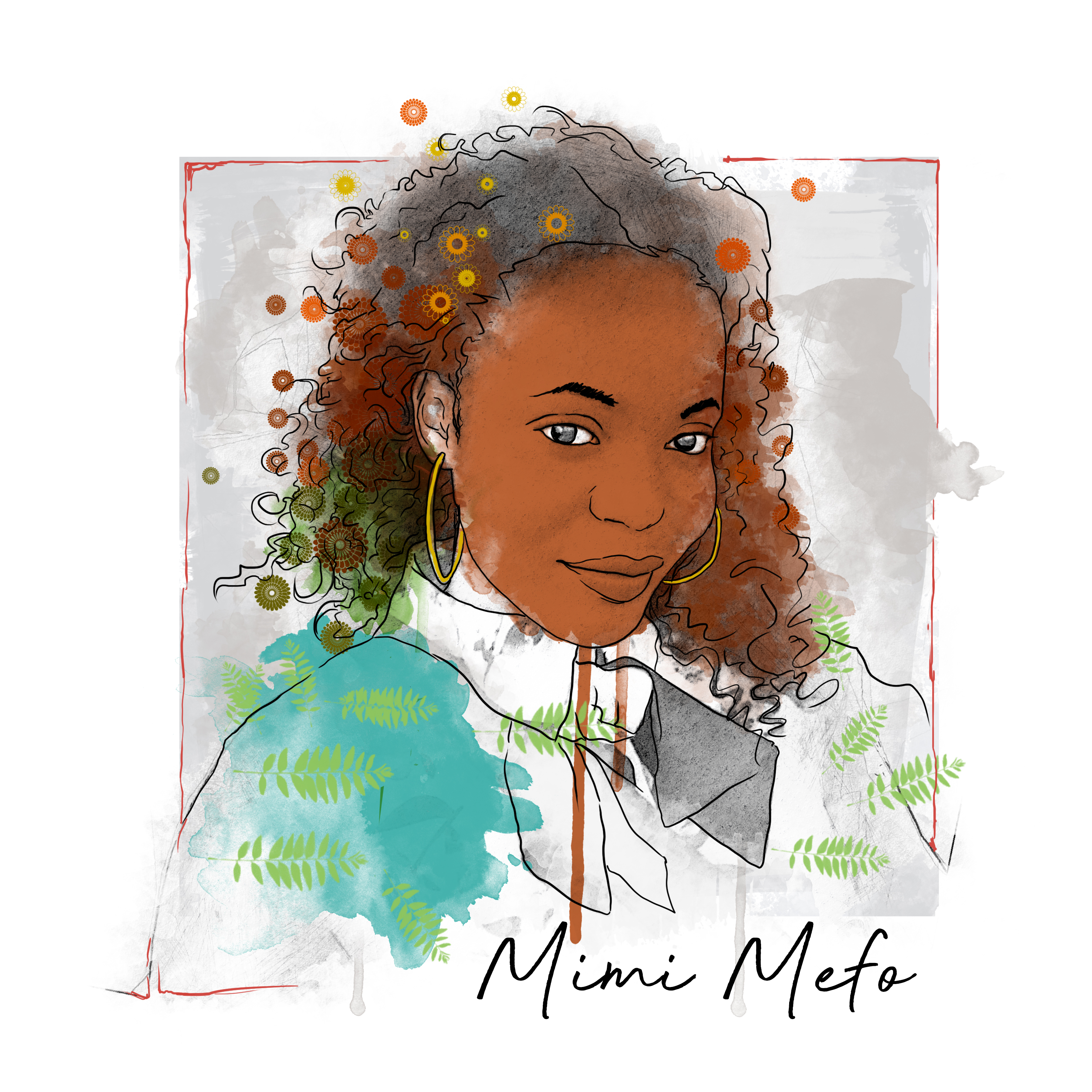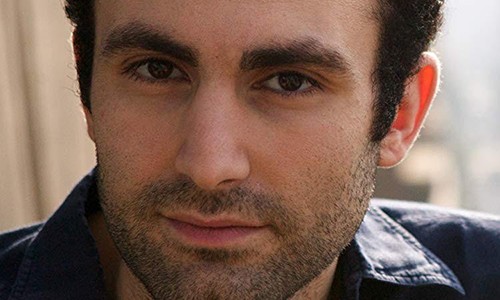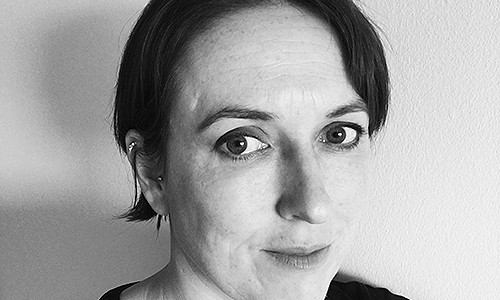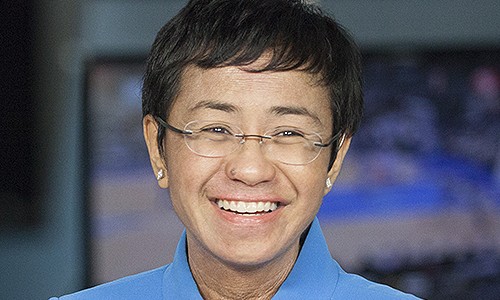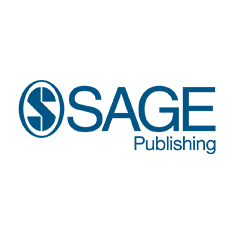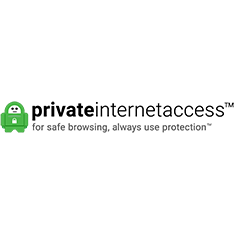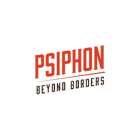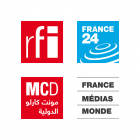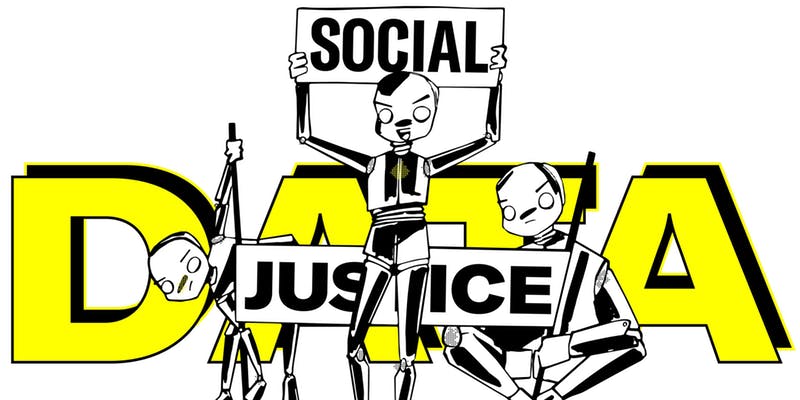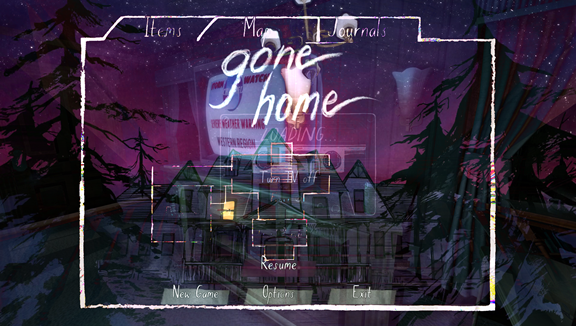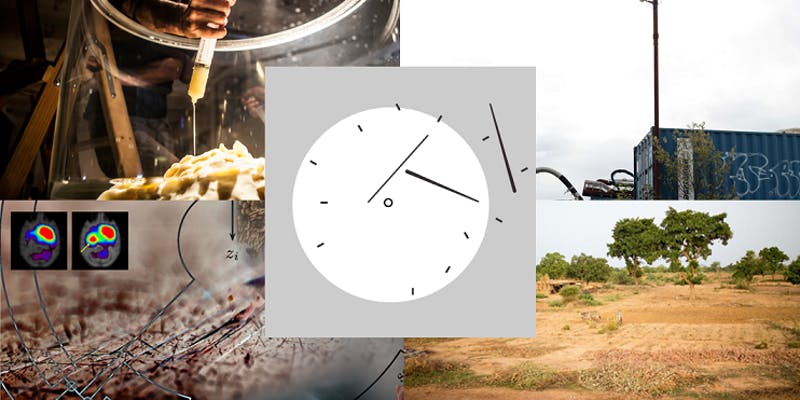[three_fourths]
What kinds of collaborations and partnerships are emerging around data? Join us for a public talk with Stefaan Verhulst (NYU GovLab), hosted by the Department for Digital Humanities, King’s College London.
Data Collaboratives: The Emergence of Public-Private Partnerships around Data for Social Good – Stefaan Verhulst (NYU GovLab)
Over the past few years, The GovLab has sought to understand pathways to make policymaking and problem solving more evidence-based and data-driven. Its work is driven by a recognition of the potential of use of privately processed data through Data Collaboratives — a new form of public-private partnership in which government, private industry, and civil society work together to release previously siloed data, making it available to address the challenges of our era. GovLab’s research explores the potential of Data Collaboratives when implemented with appropriate policy and ethical frameworks. This remains a nascent field, and several barriers limit the systemic use of Data Collaboratives. This presentation will take stock of lessons learned with an eye toward developing solutions to make Data Collaboratives more effective, scalable, sustainable, and, above all, responsible.
Bio: Stefaan G. Verhulst is Co-Founder and Chief Research and Development Officer of the Governance Laboratory @NYU (GovLab) where he is responsible for building a research foundation on how to transform governance using advances in science and technology. Verhulst’s latest scholarship centers on how technology can improve people’s lives and the creation of more effective and collaborative forms of governance. Specifically, he is interested in the perils and promise of collaborative technologies and how to harness the unprecedented volume of information to advance the public good. Before joining NYU full time, Verhulst spent more than a decade as Chief of Research for the Markle Foundation, where he continues to serve as Senior Advisor. In addition, he is an Adjunct Professor in the Department of Culture and Communications at NYU, Senior Research Fellow for the Center for Media and Communications Studies at Central European University in Budapest; an Affiliated Senior Research Fellow at the Center for Global Communications Studies at the University of Pennsylvania’s Annenberg School for Communication; and Affiliated Senior Fellow at PCMLP – Oxford University which he co-founded in 1996. He also serves on the Board of Directors of Orbicom, the network of UNESCO Chairs.
This event is part of an ongoing seminar series on “critical inquiry with and about the digital” hosted by the Department of Digital Humanities, King’s College London. If you tweet about the event you can use the #kingsdhhashtag or mention @kingsdh. If you’d like to get notifications of future events you can sign up to this mailing list.
[/three_fourths]
[one_fourth_last]
Date and time
Thur 26th February 2019
16:00-17:30 GMT
Location
King’s Building, K-1.14
Strand Campus, King’s College London
London
WC2R 2LS
[button open_new_tab=”true” color=”accent-color” hover_text_color_override=”#fff” size=”medium” url=”https://www.eventbrite.co.uk/e/data-collaboratives-the-emergence-of-public-private-partnerships-around-data-for-social-good-tickets-55165829481″ text=”Register” color_override=””]
[/one_fourth_last]

